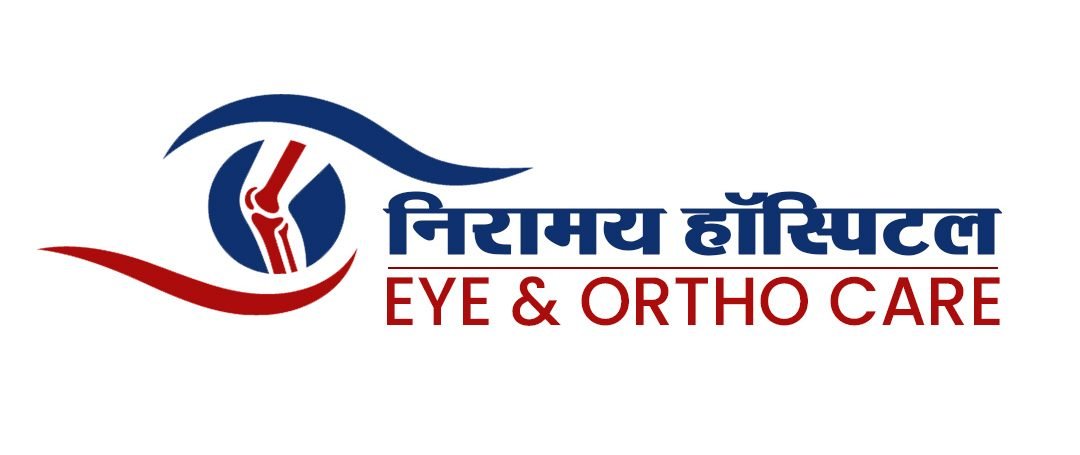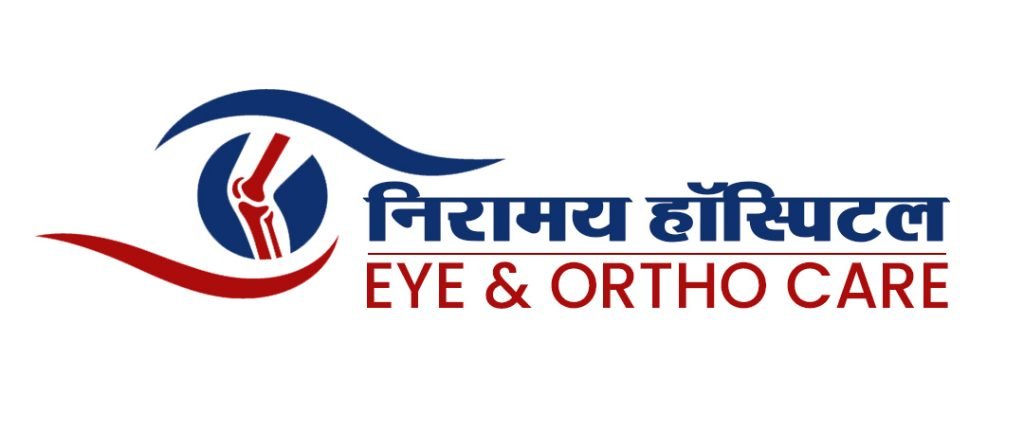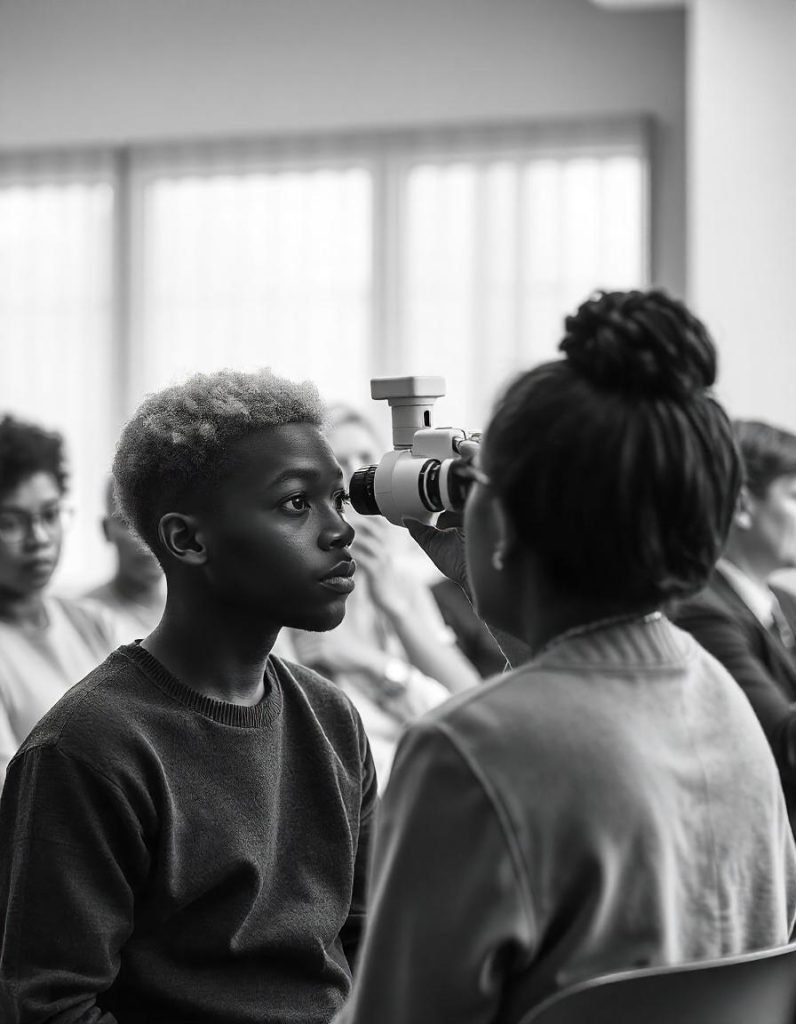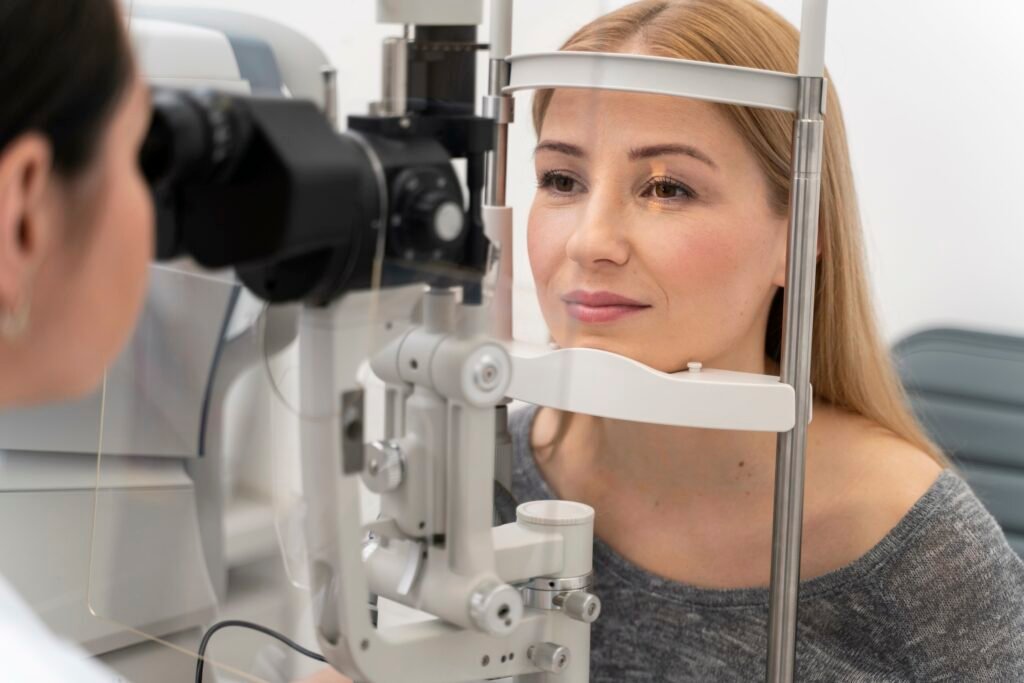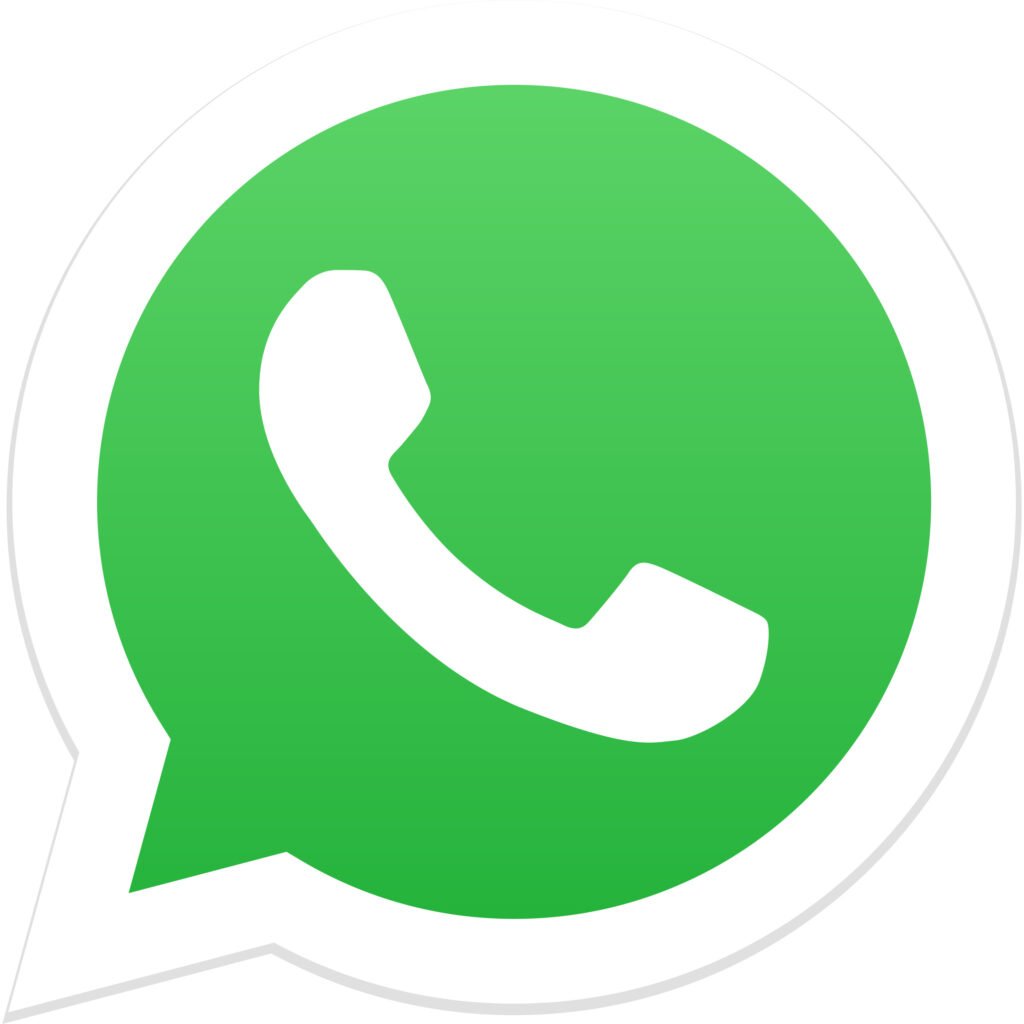Glaucoma is one of the leading causes of blindness worldwide, and unfortunately, it often goes unnoticed until it’s too late. Early detection and treatment are crucial for preserving your vision. In this post, we’ll explore why early glaucoma detection is so important and how it can significantly reduce the risk of permanent vision loss. You’ll learn about the symptoms to watch for, how glaucoma is diagnosed, and the treatment options available. By the end of this article, you’ll understand why proactive eye care is essential and how it can safeguard your vision for years to come.
Why is Early Glaucoma Detection Crucial?
Early glaucoma detection can make all the difference in preserving your eyesight. Since the condition develops gradually and painlessly, many individuals don’t notice the warning signs until significant damage has occurred. Detecting glaucoma early can help doctors take immediate action, slowing the progression and preventing irreversible damage to the optic nerve.
Common Signs of Glaucoma:
- Gradual loss of peripheral vision: Often unnoticed until it’s more advanced.
- Tunnel vision: A narrowing of the field of vision that can become more severe.
- Eye pain or discomfort: Especially when it’s accompanied by nausea or vomiting.
- Blurred vision or halos around lights: An early symptom in some types of glaucoma.
If you notice any of these signs, it’s important to consult with an eye specialist right away.
How Glaucoma is Diagnosed:
Glaucoma is usually diagnosed through a comprehensive eye exam that includes:
- Intraocular Pressure Test: Measures the pressure inside the eye.
- Optic Nerve Assessment: Evaluates potential damage to the optic nerve.
- Visual Field Test: Checks for any loss in peripheral vision.
- Pachymetry Test: Measures the thickness of the cornea to aid in diagnosis.
Regular eye exams with an ophthalmologist are essential, especially if you’re at higher risk for glaucoma due to factors like age, family history, or existing eye conditions.
Treatment Options for Glaucoma:
If diagnosed early, glaucoma can often be managed effectively. Here are some common treatments:
- Prescription Eye Drops: These help reduce intraocular pressure and prevent further damage.
- Oral Medications: In some cases, oral medication may be used in conjunction with eye drops.
- Laser Treatment: Helps to improve fluid drainage in the eye.
- Surgery: In advanced cases, surgical procedures may be needed to create a new drainage pathway or reduce pressure inside the eye.
Why See an Eye Specialist Early?
By consulting an ophthalmologist at the earliest signs of glaucoma, you increase the chances of early intervention, which can help prevent significant vision loss. It’s especially important to follow up with regular eye exams if you are at risk.
FAQ Section:
Q1: How often should I get tested for glaucoma?
It’s recommended to have a comprehensive eye exam every 1-2 years if you are over 40 or at higher risk. However, individuals with a family history of glaucoma should consult their eye specialist for a personalized schedule.
Q2: Can glaucoma be cured?
Currently, there is no cure for glaucoma, but it can be managed effectively with early detection and appropriate treatment. The goal of treatment is to lower the intraocular pressure and prevent further damage.
Q3: Is glaucoma treatment expensive?
The cost of glaucoma treatment can vary depending on the type of treatment and insurance coverage. Early detection can help minimize long-term costs by reducing the need for advanced interventions.
Q4: Can lifestyle changes prevent glaucoma?
While lifestyle changes alone can’t prevent glaucoma, maintaining a healthy diet, regular exercise, and avoiding smoking can help reduce your risk and support overall eye health.
Conclusion:
Early detection of glaucoma is key to preventing irreversible vision loss. Regular eye exams and early intervention can significantly reduce the risks associated with glaucoma, allowing for better management and a higher quality of life. If you’re noticing any warning signs or are concerned about your eye health, make sure to consult with an ophthalmologist.
At Jain Ortho Vision, we offer expert eye care with a focus on early detection and treatment of conditions like glaucoma. Contact us today to schedule your eye exam and take the first step toward safeguarding your vision.
